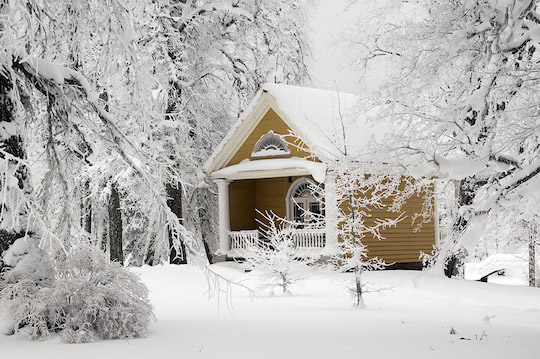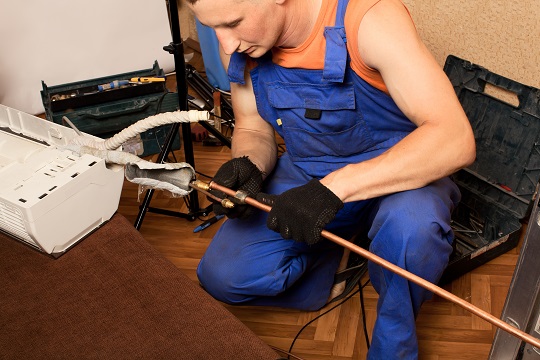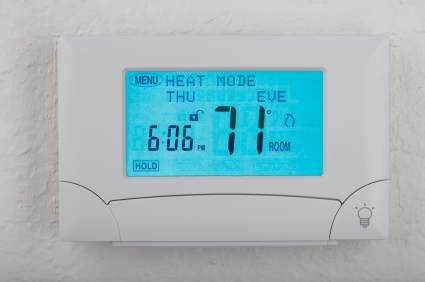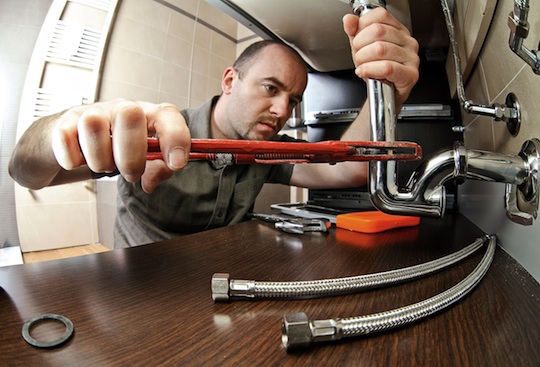If you’re asking this question and you’re an aspiring home technician, you may want to keep reading. The Environmental Protection Agency requires that anyone who performs maintenance, service, repair and disposal of refrigerants must be heating, ventilating, and air conditioning (HVAC) certified. Certification involves passing an exam which focuses on different content depending on the degree of certification you wish to attain. There are 4 different levels of certification and each one tests you on certain types of HVAC related jobs. What is HVAC certification? Let’s break it down.
Type 1 certification
HVAC technicians who primarily deal with small appliances like vending machines, window air conditioners, and domestic refrigerators are required to have this type of certification.
Type 2 certification
HVAC technicians who repair and dispose of equipment with high pressure refrigerants need to be cleared with type 2 certification. This means if you work with residential air conditioners, heat pumps, industrial refrigerators and the process of refrigeration in general, you need to have this certification.
Type 3 certification
HVAC technicians working with the disposal or service of equipment with low pressure refrigerants, like chillers, need to acquire type 3 certification.
Universal certification
If you plan on working with all of these types of HVAC equipment, you need universal certification. To acquire this clearance, you must pass the standardized EPA exam which includes 100 multiple choice questions in the following areas:
· 25 core questions
· 25 Type I questions
· 25 Type II questions
· 25 Type III questions
If you pass the universal certification exam, you will be clear to service all kinds of HVAC equipment.
How to train for HVAC certification
If you’re seeking certification in HVAC, you have two options for training. You may attend a wide array of vocational or technical schools which provide training, or you can become an apprentice to a full-fledged HVAC technician. Before taking the test, exam providers generally expect a candidate to have at least 1 year of installation experience and 2 years of maintenance and repair experience.
Here at TalkLocal we understand the importance of connecting our customers with only the most qualified technicians. All heating and cooling specialists we hire go through the rigorous HVAC certification process and are skilled, competent, hard-working individuals who can handle the jobs we send them.










